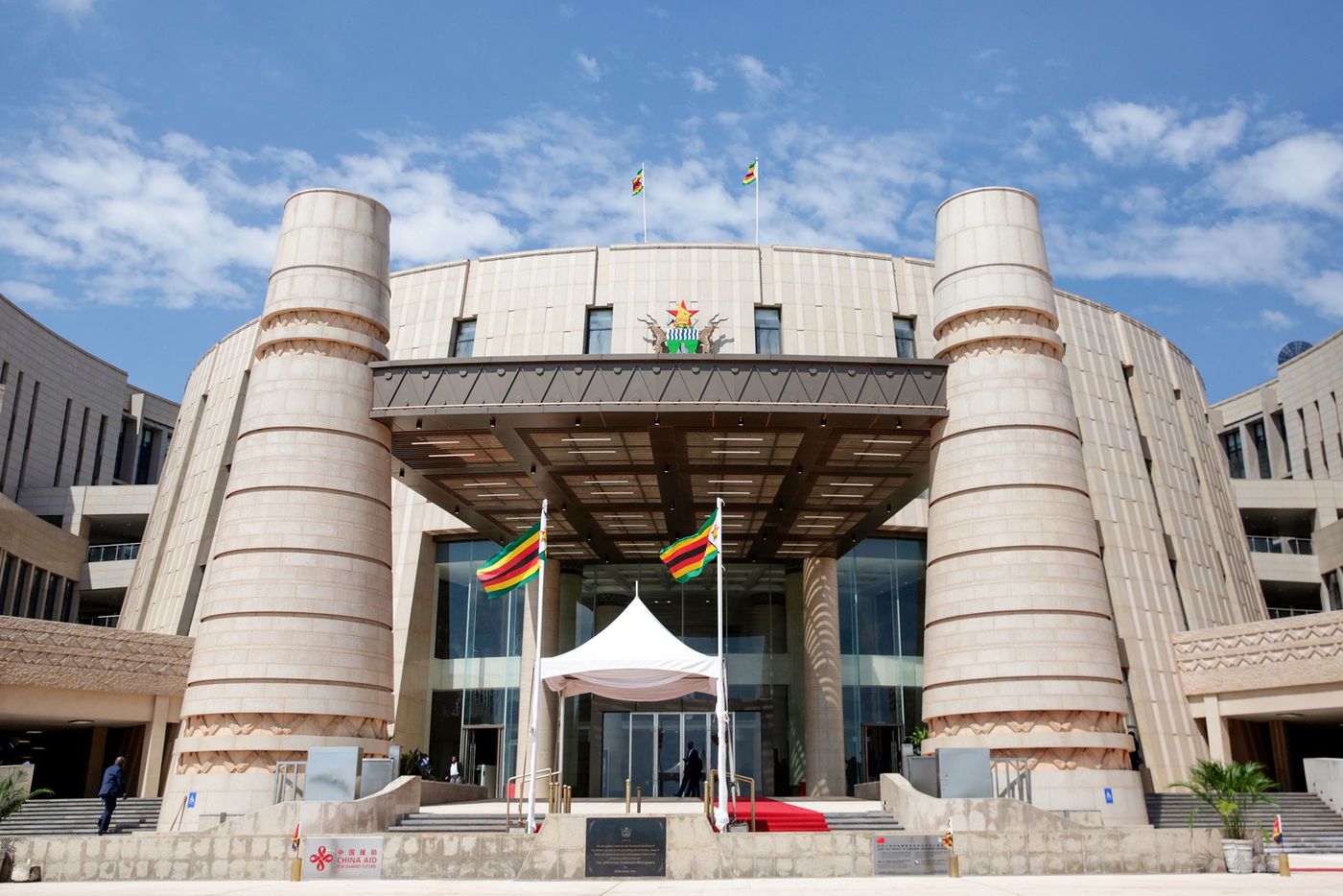Zimbabwe’s new 15,000 hectare CyberCity, which houses parliament buildings, allows blockchain and digital currencies – BitcoinKE
Zimbabwe has launched plans to build an online city on the outskirts of the capital Harare to incorporate a range of new technologies, including blockchain and digital currencies.
“Zim Cyber City will be a key feature that will add value to our new city here. The development around here for the smart city of 15,500 hectares will be the smartest city in our region,” President Mnangagwa said at the launch of the project.
The city is expected to allow blockchain and digital currencies while becoming the new seat of government.
According to Local Government Deputy Minister Marian Chombo, who is responsible for overseeing municipalities, the “cyber city” is attracting attention from various commercial, retail and industrial investors and is expected to cost up to $60 billion.

Investor confidence is growing in Zimbabwe!
This weekend, construction began on the multi-million dollar Cyber City in Mount Hampden.
Under my leadership, we will open the door to more investments and build a brighter future for our country.
Action, not words! pic.twitter.com/i0x8GeG4Cd
– President of Zimbabwe (@edmnangagwa) 14 November 2022
One of the investors and entrepreneurs backing the project, Shaji Ul Mulk, mentioned that Zimbabwe’s largest bank, CBZ Holdings Ltd, has made $100 million in funding available for the development.
“Mount Hampden is the new Harare,” said Ul Mulk, adding that he is investing $500 million to start a project that he believes will eventually resemble Dubai. “The parliament building has already been built there, and all the ministers are moving there.”

China, which has long-standing ties with Zimbabwe, is said to have taken an interest in this development. The Asian giant previously constructed a new parliament building in the Mount Hampden area as a gift to Zimbabwe at a cost of $140 million.
CyberCity will offer several incentives to investors, including a five-year exemption from paying corporate tax, reduced income tax for employees and streamlined immigration permits for foreign employees.
Besides blockchain and digital currencies, the city will incorporate a cyber security and biometric surveillance system that will enable facial recognition technology.
Zimbabwe has so far resisted cryptocurrencies, but has shown a willingness for a central bank digital currency (CBDC).
“We believe in central bank digital currency which is basically trying to say ‘how do we have an e-Zimbabwe dollar as opposed to cryptocurrency,’said central bank governor John Mandugya in 2021.
See also

The Harare Institute of Technology is also said to be working on a central bank digital currency (CBDC).
________________________________________
Follow us on Twitter for the latest posts and updates
Join and interact with our Telegram community
________________________________________
________________________________________


